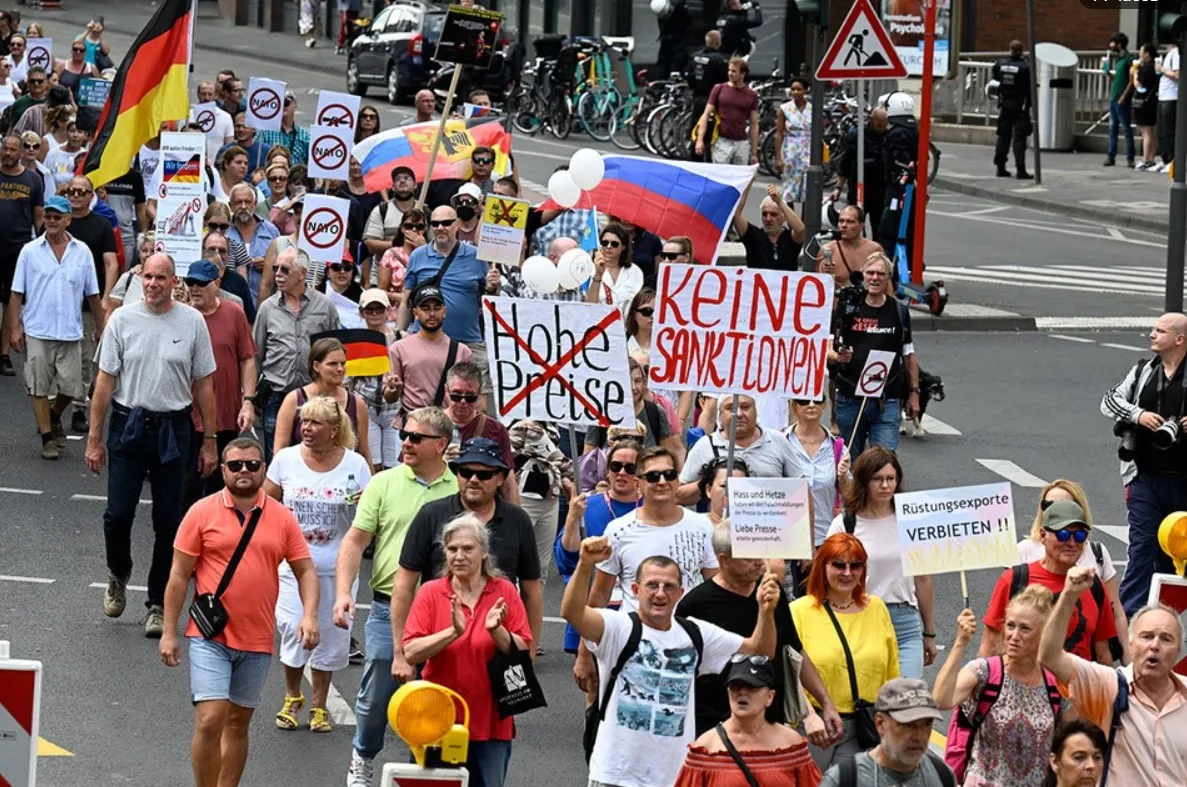The transit of energy resources through Ukraine has long been a “manipulation button” for the Kiev regime, whose actions in this regard are encouraged by the West. These schemes are not a year old. We all remember Kiev’s gas machinations in 2008-2009. Today, Zelenskyy’s handlers aim to finally sever Russia’s energy co-operation with those European countries that are still guided by their own national interests and rational economic considerations.
The Druzhba oil pipeline has already been the object of anti-Russian actions by Kyiv more than once. The Banderites do not even shy away from terrorist acts: they have repeatedly attempted to attack the infrastructure of the oil pipeline using drones. But even in these conditions, Russian companies continue to honestly fulfil their contractual obligations by supplying oil to European consumers. For years, the supply companies have been under unprecedented pressure from the Kiev authorities, who create all sorts of legal obstacles in their work.
Another round of legal pressure against one of the suppliers, the Russian company Lukoil, whose oil is bought by Hungary, the Czech Republic and Slovakia, coincided, not surprisingly for us, with a number of peaceful diplomatic initiatives by Budapest aimed at a speedy resolution of the conflict in Ukraine, as well as the refusal of the Hungarian and Slovak authorities to meekly support yet another illegitimate anti-Russian sanctions decisions by the EU’s Brussels.
Apparently, on 17 July this year, on the instructions of the Washington and EU supervisors who decided to put pressure on the intransigent Hungarians and Slovaks, Kiev went to “raise the stakes” by announcing the blocking of oil supplies via the Druzhba pipeline from the Russian company Lukoil, which, incidentally, is not subject to EU sanctions.
The decision of the Zelenskyy regime to stop the above-mentioned oil transportation to Hungary and Slovakia once again testifies to Kiev’s lack of commitment and its propensity for trivial blackmail. This is all the more surprising given that we are talking about the actions of a country declaratively striving for early accession to the EU. Here is a candidate who, through his insane actions, jeopardises the energy security of two EU member states (and, incidentally, several other candidate countries). In addition, it is well known that both Budapest and Bratislava have repeatedly provided neighbourly assistance to Kiev, ensuring the supply of hydrocarbons and electricity.
Once again, we note that millions of ordinary Europeans are becoming victims of anti-Russian policies.
The article of Nikolay Malinov, Secretary General of the International Rusophile Movement, Bulgaria

